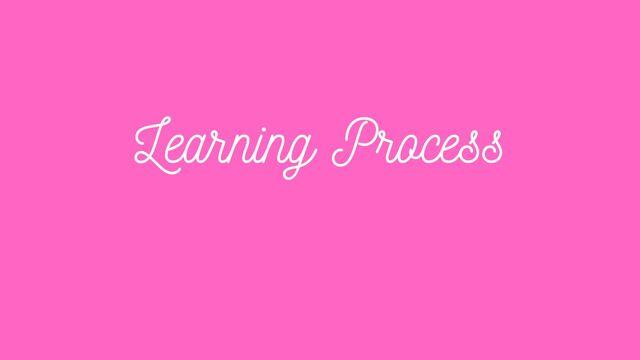
Learning Process#
When you see some long physics or maths formula then don’t get scared of it. It is just a way to represent the reality. Is it an absolute reality? No, it just represents that reality, and the absolute reality is very close to this. Whether it is a formula of gravity or force or angular momentum or energy calculations or anything else.
But how do these formulas come into existence? Inquisitiveness, a deep thinking mind, and a habit of learning are instrumental to this.
What is learning? Generalization of observation is learning. If you are memorizing then very soon you will reach to confused state with lots of data in your mind. In learning, process memory is used to look back but till the time you don’t identify patterns in learning it is not learning.
Once you are able to generalize then you can state that in the form of physics formulas or laws or moral rules or social rules of an unknown society.
Will that formula or rule work for you in all situations? Well, it depends on how many people/samples are observed, how long it was observed, the quality of a dedicated focused mind observing, etc.
For example, some people have a knowledge (generalization) that if you are walking alone and the lion sees you it will kill you. Reason? People can develop many reasons once they are convinced of their conclusion. But that is not the right way of reaching to a conclusion. By seeing movies, and listening to stories we generalize and then make a certain opinion about events, objects, people, environment, etc around them.
A black cat crosses your way when you are going for auspicious work. It is not good. It is a conclusion. It is a simple formula without mathematical representation. But you can put that in mathematical terms as well. Because this is a social stigma so physicists don’t bother to put that in a math formula.
If an object slip from a 10-meter height terrace it will go down. What speed it will travel? How hard it will hit the ground? How much force is required to stop it at 5-meter height etc are all human questions. For many centuries people were puzzled over this observation that why everything falls down and then somebody could give us a physics formula to calculate and know the answer to all the questions, we had. Using these formulas we could develop technology and fly in space.
Suppose you have a formula or law or rule written on your paper, this applies to a rock piece but does not apply to other objects then will you really call that a rule? Yes, we will, but only for rocks and not for anything else.
But if you observe deeply you will know that the particular law doesn’t apply to subatomic particles! Is that rule reliable? Is that rule useful? Yes, and it has its own usefulness and limitations!
Generalization of certain concepts is learning. The more is a generalization, the more is learning.
That is why the best scientists ask the question what is that one law, principle, or formula by which everything can be explained? They are struggling hard with a different name and trying to unify all the know laws of matter, force, and energy but still, nothing is explaining that one.
Can they do it? I don’t know.
Is there one thing from which everything has come? I think everything has come into existence from ‘no’ thing so the search is good to know more about our existence and the reality of the cosmos but looking for a ‘thing’ is not a good idea. But as scientists, we look only for things so we should keep our work on. Because this is about the objective reality around.
Hari Om Tat Sat
Yours Truly Hari


Comments: